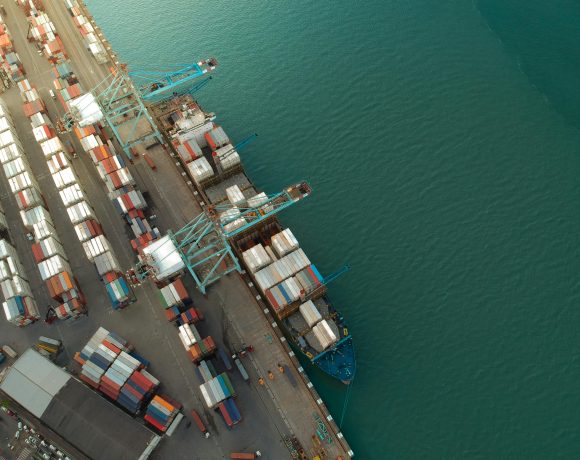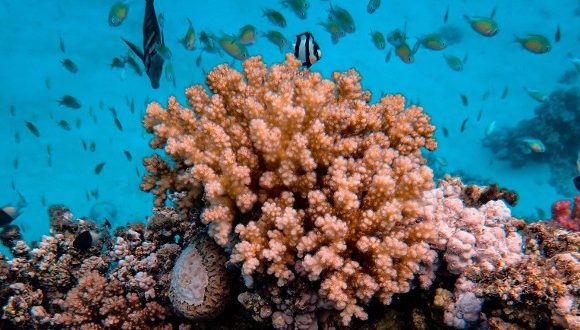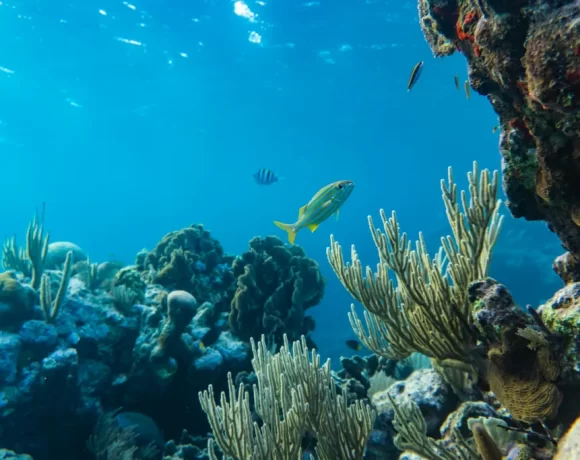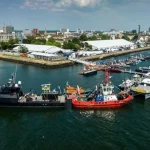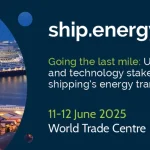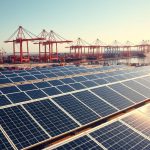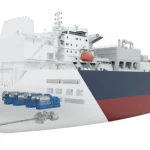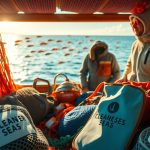Plastic Pollution and Plankton
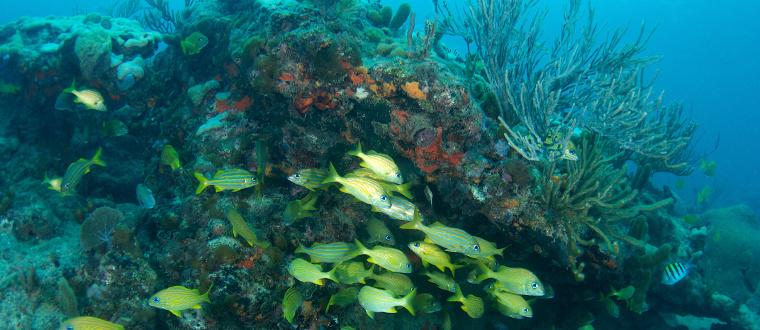
With all the fantastic and wondrous sea life in our oceans, we often forget about the smallest sea creatures. Plankton, for example, are tiny, microscopic organisms which drift throughout bodies of fresh and salt water. There are quite literary billions of these organisms floating around the oceans, and they form the base of most marine food webs.
The impact of plastic pollution
A recent study has highlighted a link between plankton and the staggering impact plastic pollution can have on the sea. A specific type of plankton, called zooplankton have been found to readily ingest microplastics. Rather than being digested, it is excreted in the plankton’s faecal pellets. As a consequence, the plastic waste produced by us, may end up in some of the deepest parts of the ocean, which has so far remained untouched by humans. This is bad news for marine wildlife.
Although it may seem strange, faecal pellets play an integral role in the structure of our oceans. As they sink down through the various layers of water, the pellets transport carbon and other vital nutrients to the sea bed. This helps the ocean to store carbon and create food sources for a wide variety of marine life.
The research was carried out by the University of Exeter and Plymouth Marine Laboratory. Project leader, Dr. Matthew Cole (from the College of Life and Environmental Sciences), explains: “As these faecal pellets sink, they take the plastic with them. This could be an important route by which floating plastic litter is removed from the sea surface down to the ocean depths.”
It is assumed from the results of the research that the contaminated faecal pellets will also be eaten by other animals and the plastic inadvertently ingested. This is the first study which provides evidence that plastic pollution physically alters the biological structure of the ocean and can have a harmful impact on marine life.
So, where do these microplastics come from? The biggest source of this specific type of plastic pollution is micro-beads in exfoliating products – face wash, for example – and small fragments of plastic bags which have broken up over time. Many types of fish and other marine animals unknowingly consume these plastics, such as turtles and seabirds. This can have extremely harmful effects on the wildlife, reducing feeding and reproduction rates.
The study draws some interesting conclusions and mostly highlight the enormity of the problem caused by plastic pollution. If a humpback whale eats 1.5% of plankton per day, then they will ingest a total of 300,000 microplastic particles. The reality emphasised in this study is that entire ecosystems could be thrown off balance due to contamination by human waste.
“The magnitude of change observed here is concerning,” emphasised Dr. Cole, “We believe the impact of plastic contamination in the ocean deserves more detailed investigation, and the team now hope to carry out further work in the natural environment.”

